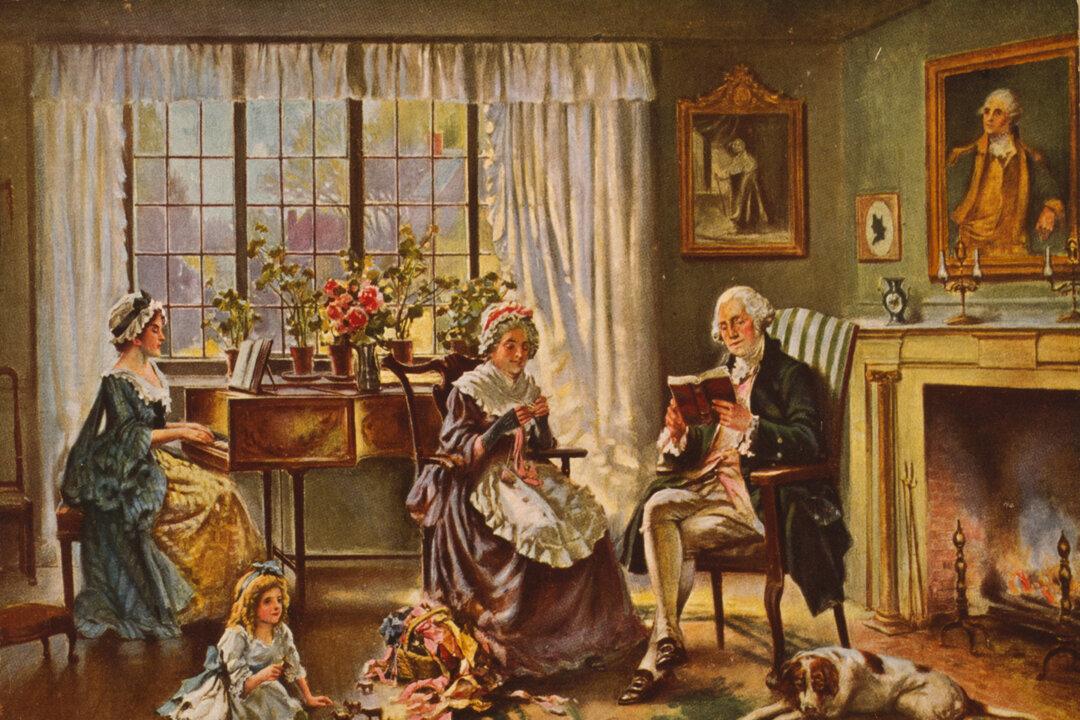Throughout the ages, heroic men and women—real and mythological—have roused the spirits of those who hear or read about their exploits. Achilles, Hector, Antigone, Aeneas, and other Greco-Roman figures galvanized entire cultures. In story and song, the Middle Ages celebrated Arthur and his Knights of the Round Table, Charlemagne, Richard the Lionheart, Joan of Arc, and scores of other dames and knights.
Americans, too, have their pantheon of heroes. Abigail Adams, Abraham Lincoln, Thomas Edison, Wilbur and Orville Wright, and Theodore Roosevelt are only a few of the names inscribed in that hall of champions. They were extraordinary human beings whose words and deeds have inspired their fellow citizens.






